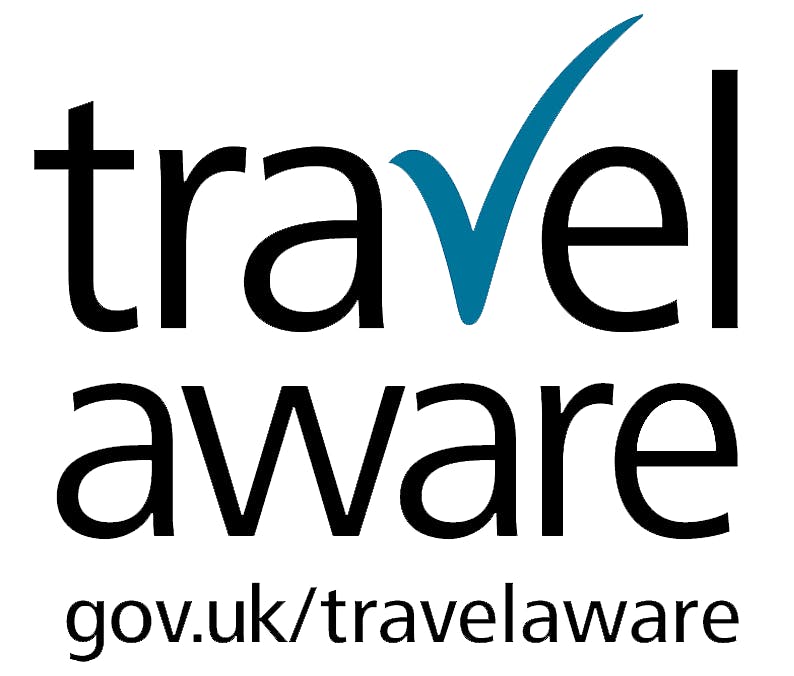Silver
Silver is our most economical travel insurance. It provides cover under the Medical and Mobility Aids sections only. If you want to be assured that your medical expenses are covered if you fall ill abroad, but are not worried about travel insurance cover for cancellation or your possessions, this is the policy for you.
What's included:
Emergency Medical and Repatriation Expenses
(Not Private Medical Insurance)
£10 Million
Excess
The amount you will have to pay towards the cost of a claim.
£100
Personal Accident
£15,000
Personal Accident
Under 18 and over 75 yr old limit
£1,500
Loss of Medication
£300
Mobility Aids
£2500














